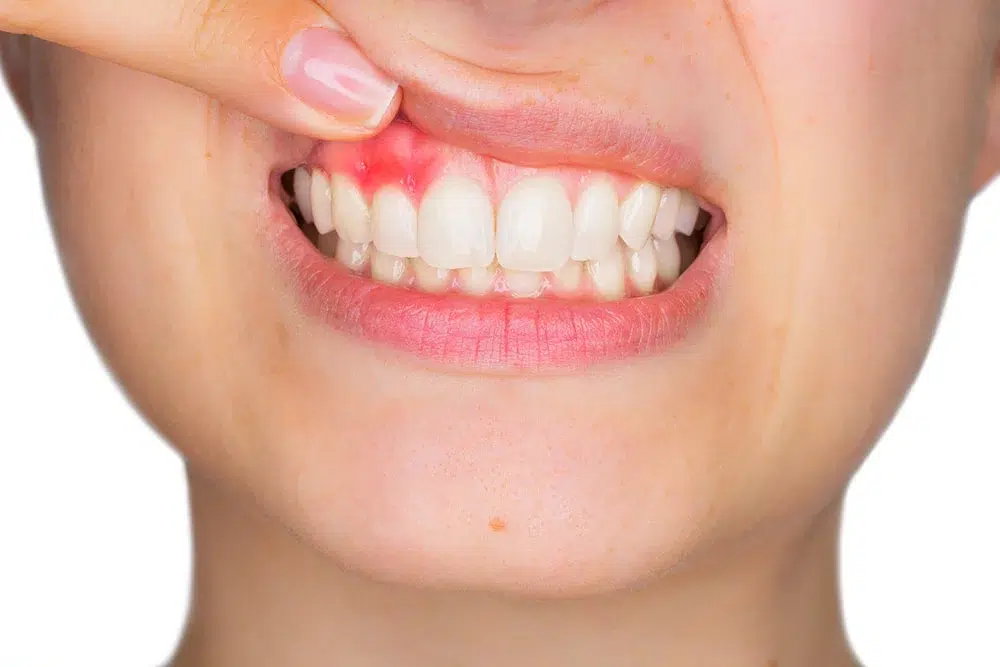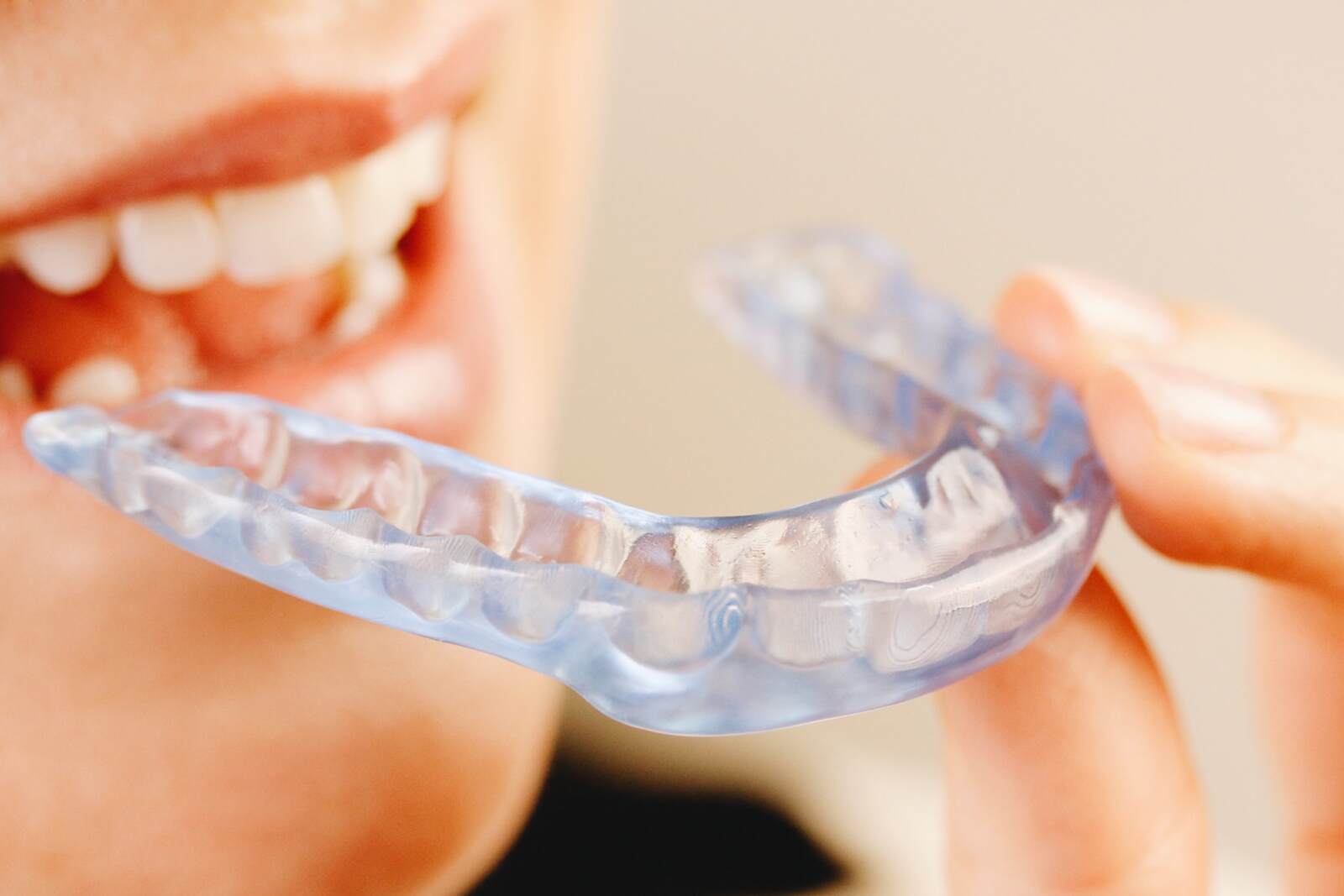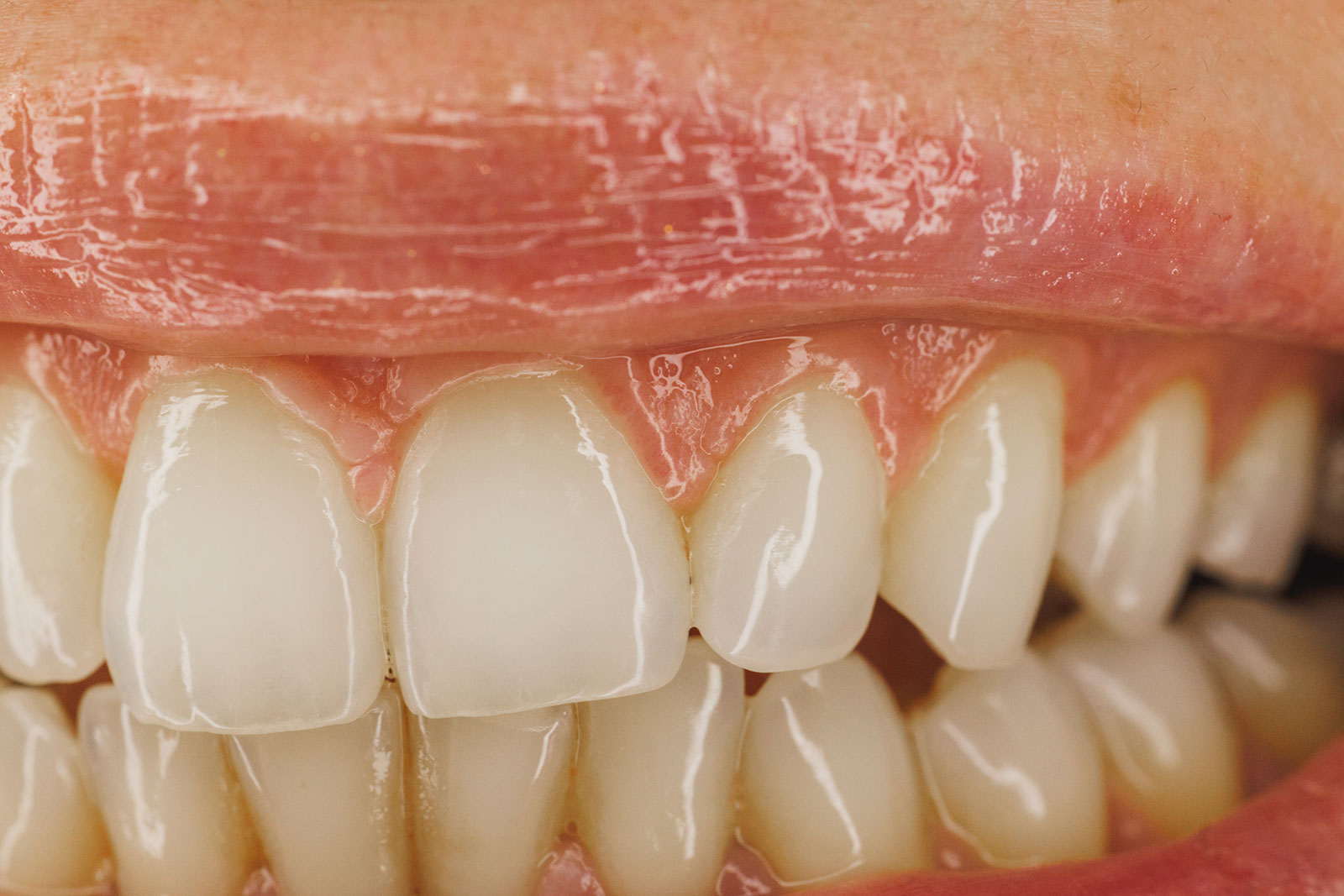Tooth sensitivity is a problem that affects many people and can be extremely uncomfortable, especially when cold, hot or sweet foods or beverages are ingested. Fortunately, there are several ways to treat and prevent this problem. In this guide, we will cover in detail what tooth sensitivity is, what causes it, recommended treatments and some effective home remedies to alleviate its symptoms.
What is tooth sensitivity?
Tooth sensitivity occurs when the dentin, the underlying layer of the tooth, is exposed. This occurs mainly due to loss of enamel or receding gums, which exposes the tooth roots and makes the teeth more sensitive to certain stimuli such as cold, heat, sweet or sour. If the gums are affected by other problems, such as gingivitis, tooth sensitivity can worsen.
Symptoms of tooth sensitivity
The main symptoms of tooth sensitivity include:
- Acute and brief pain when consuming hot or cold food or beverages.
- Discomfort when consuming sweet or acidic foods.
- Pain or discomfort when brushing or flossing teeth.
- Painful sensation when inhaling cold air.
Causes of tooth sensitivity
The most common causes of tooth sensitivity are:
- Enamel wear: Tooth enamel protects dentin. When the enamel is worn away by aggressive brushing, excessive consumption of acidic foods or aging, teeth become sensitive. In this sense, it is important to avoid certain habits that can affect the enamel, such as halitosis or excessive use of acidic products.
- Receding gums: Receding gums expose the root of the tooth, which has no enamel and is therefore much more sensitive to external stimuli.
- Bruxism (teeth grinding): Bruxism wears down enamel and can cause sensitivity.
- Cavities or cracks in the teeth: Cavities or cracks allow external stimuli to reach the inner layers of the tooth, resulting in pain. If the decay worsens, it can become a dental emergency, as mentioned in our article on common dental emergencies.
- Dental treatments: Some dental procedures, such as teeth whitening, may cause temporary tooth sensitivity.
Treatments for tooth sensitivity
Treatment of tooth sensitivity depends on the underlying cause. Here are the most common methods:
- Toothpaste for tooth sensitivity: Toothpastes designed for sensitive teeth contain ingredients such as potassium nitrate or sodium fluoride, which help block the ducts leading to the nerves. Some recommended brands include:
- Sensodyne
- Colgate Sensitive Pro-Relief
- Oral-B Pro-Sensitive
- Fluoride mouthwash: A mouthwash containing fluoride strengthens tooth enamel and helps reduce sensitivity. In addition, these rinses prevent tooth decay and promote healthy gums.
- Professional in-office treatment: A dentist may apply fluoride varnishes or dentin sealants to sensitive areas to protect the teeth. In more severe cases, endodontic (root canal) treatment may be necessary.
Home remedies for tooth sensitivity
While conventional treatments are effective, some home remedies may offer temporary relief from tooth sensitivity:
- Salt and water rinse: Mix half a teaspoon of salt in a glass of warm water and rinse your mouth twice a day. This remedy helps reduce inflammation and maintain a balanced pH in the mouth.
- Oil pulling with coconut oil: This Ayurvedic technique involves rinsing the mouth with coconut oil for 10-15 minutes to eliminate bacteria and reduce gum inflammation. It also strengthens teeth and reduces sensitivity.
- Aloe vera: Apply aloe vera gel to the gums to relieve inflammation and pain. Aloe vera has anti-inflammatory and healing properties that can help improve gum health and reduce sensitivity.
- Clove: Clove oil is known for its analgesic and antibacterial properties. Apply a small amount of this oil on a cotton ball and gently press it on the affected tooth to relieve pain.
- Baking soda: Mix baking soda with a little water to form a paste and gently apply it to the teeth. Baking soda helps neutralize acids that damage enamel and reduces sensitivity.
How to prevent tooth sensitivity
Prevention is key to avoiding future tooth sensitivity problems. Here are some tips to keep your teeth protected:
- Brush your teeth gently: Use a soft bristle brush and brush with circular movements to avoid damaging the enamel.
- Avoid acidic and sweet foods: Foods such as citrus fruits, vinegar or soft drinks can erode enamel, leading to sensitivity. After consuming them, rinse your mouth with water to reduce the acidic impact.
- Wear a night guard if you grind your teeth: Bruxism can cause excessive enamel wear. A mouth guard will prevent this wear and protect your teeth.
- See your dentist regularly: Regular dental checkups can help detect problems before they become more serious. If you notice any changes in the sensitivity of your teeth, don’t hesitate to consult your dentist.
Dental sensitivity in pregnancy
During pregnancy, some women may experience tooth sensitivity due to hormonal changes that affect the gums. Pregnancy gingivitis can cause gums to swell and recede, increasing the risk of sensitivity. Maintaining good oral hygiene and visiting the dentist during pregnancy is essential to control these problems.
Dental sensitivity to cold or heat
One of the most common symptoms of tooth sensitivity is pain when consuming hot or cold foods or beverages. This type of sensitivity may be due to enamel wear or receding gums, which exposes sensitive areas of the tooth. The use of a toothpaste specifically for sensitive teeth and fluoride mouth rinses can help alleviate this condition.
Recommended products for tooth sensitivity
If you are looking for products that can help you fight tooth sensitivity, here are some recommendations:
- Toothpaste for sensitive teeth: Brands such as Sensodyne, Colgate Sensitive Pro-Relief and Oral-B Pro-Sensitive are highly recommended to block sensitivity and protect teeth.
- Fluoride mouthwash: A fluoride mouthwash not only strengthens enamel, but also helps remineralize teeth and reduce sensitivity.
Conclusion
Tooth sensitivity is a common problem, but with proper treatment and care, it is possible to significantly reduce pain and improve oral health. Using specialized toothpaste, fluoride mouth rinses and following proper oral hygiene habits are the best ways to control and prevent sensitivity. In addition, home remedies can provide temporary relief, but it is always important to consult a dentist if sensitivity persists or worsens. Maintaining regular dental checkups will allow you to detect problems before they become severe and avoid the pain associated with tooth sensitivity. If you experience more serious discomfort, such as severe pain, consider discussing procedures such as teeth cleaning or seeing a specialist. Take care of your teeth to enjoy a life free of discomfort!
Artículos relacionados
Comprehensive oral health
Comprehensive oral health, Restorative dentistry





